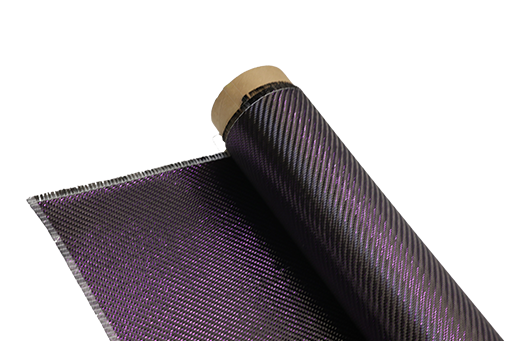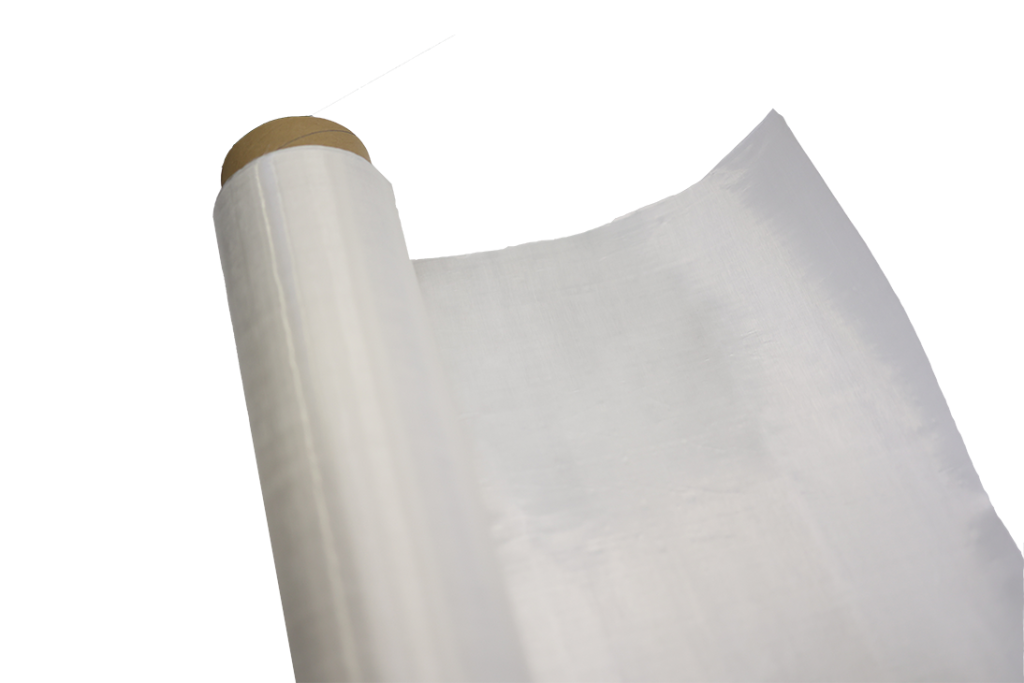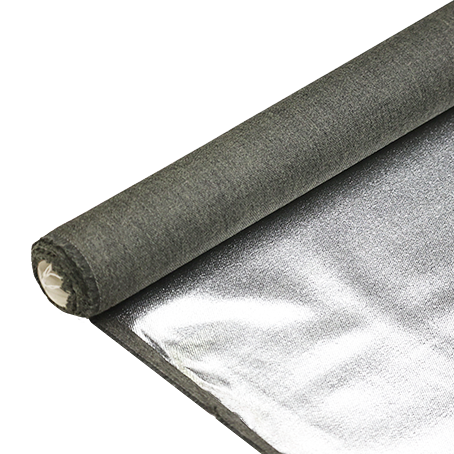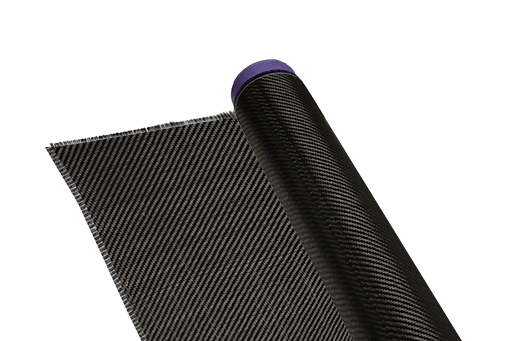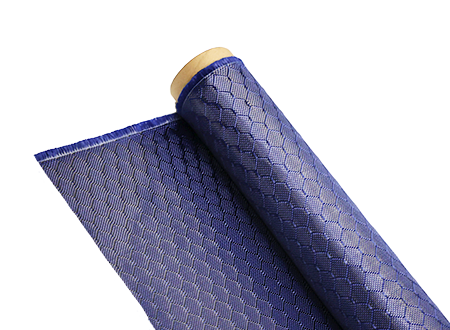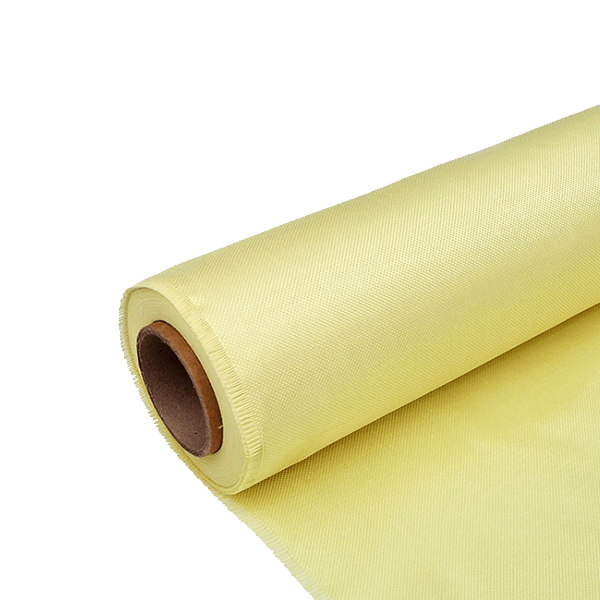Marine Composite Market Grows as Yacht Sales Rise
-
Table of Contents
“Marine Composite Market Surges as Yacht Sales Set Sail!”
The marine composite market is experiencing significant growth, driven by the rising sales of yachts and recreational boats. As consumer interest in luxury watercraft increases, manufacturers are increasingly turning to advanced composite materials to enhance performance, reduce weight, and improve durability. This trend is fueled by innovations in material technology, which offer superior strength-to-weight ratios and resistance to harsh marine environments. The growing popularity of yachting as a leisure activity, coupled with a shift towards sustainable and efficient manufacturing practices, is further propelling the demand for marine composites. As the market evolves, stakeholders are poised to capitalize on the expanding opportunities within the marine industry.
Marine Composite Innovations Driving Yacht Performance
The marine composite market is experiencing significant growth, largely driven by the rising sales of yachts and the increasing demand for high-performance vessels. As yacht manufacturers strive to enhance the performance, durability, and aesthetics of their products, innovations in marine composites have become pivotal. These advanced materials not only contribute to the structural integrity of yachts but also play a crucial role in improving fuel efficiency and overall performance on the water.
One of the most notable innovations in marine composites is the development of lightweight materials that do not compromise strength. Traditional materials, such as wood and metal, have long been used in yacht construction; however, they often add unnecessary weight, which can hinder performance. In contrast, modern composites, such as carbon fiber and fiberglass, offer a remarkable strength-to-weight ratio. This allows yacht builders to create sleeker, faster vessels that can achieve higher speeds while consuming less fuel. Consequently, the integration of these materials is not merely a trend but a necessity for manufacturers aiming to meet the evolving expectations of consumers.
Moreover, the advancements in resin technology have further propelled the marine composite market. Epoxy resins, for instance, have gained popularity due to their superior bonding properties and resistance to environmental factors such as moisture and UV radiation. This durability ensures that yachts maintain their structural integrity over time, reducing maintenance costs and enhancing the longevity of the vessels. As a result, yacht owners are increasingly drawn to models that incorporate these innovative materials, recognizing the long-term benefits they offer.
In addition to performance enhancements, the aesthetic appeal of yachts has also been transformed by marine composite innovations. The versatility of composite materials allows for greater design freedom, enabling manufacturers to create unique shapes and finishes that were previously unattainable with traditional materials. This capability not only enhances the visual appeal of yachts but also allows for customization options that cater to individual preferences. As consumers become more discerning, the ability to offer bespoke designs has become a significant selling point for yacht manufacturers.
Furthermore, the environmental impact of yacht production is an increasingly important consideration in today’s market. The marine composite industry is responding to this concern by developing sustainable materials and production processes. For instance, bio-based composites made from renewable resources are gaining traction, appealing to environmentally conscious consumers. By adopting these sustainable practices, manufacturers not only reduce their carbon footprint but also align themselves with the growing trend of eco-friendly boating.
As the marine composite market continues to evolve, it is clear that these innovations are not merely enhancing yacht performance but are also reshaping the entire industry. The combination of lightweight materials, advanced resin technologies, aesthetic versatility, and sustainable practices is driving a new era of yacht design and manufacturing. Consequently, as yacht sales rise, the demand for high-quality marine composites will likely follow suit, further fueling the growth of this dynamic market.
In conclusion, the innovations in marine composites are fundamentally transforming the yacht industry, enabling manufacturers to produce vessels that are faster, more durable, and visually appealing. As consumer preferences shift towards high-performance and environmentally friendly options, the marine composite market is poised for continued expansion, reflecting the broader trends within the boating community. This synergy between yacht sales and composite innovations underscores the importance of material advancements in shaping the future of marine craftsmanship.
The Impact of Rising Yacht Sales on Marine Composite Demand
The marine composite market is experiencing significant growth, largely driven by the rising sales of yachts. As the demand for luxury recreational vessels increases, so too does the need for advanced materials that enhance performance, durability, and aesthetics. This burgeoning interest in yachting is not merely a trend; it reflects a broader shift in consumer preferences towards leisure activities that offer both adventure and relaxation. Consequently, the marine composite industry is poised to benefit from this evolving landscape.
One of the primary factors contributing to the rise in yacht sales is the growing affluence of consumers worldwide. As disposable incomes increase, more individuals are seeking to invest in luxury items, with yachts representing a pinnacle of status and lifestyle. This surge in wealth has led to a corresponding increase in the number of yacht manufacturers, each vying to capture a share of this lucrative market. In response to heightened competition, manufacturers are increasingly turning to marine composites, which offer superior strength-to-weight ratios compared to traditional materials like wood and metal. This shift not only enhances the performance of yachts but also allows for more innovative designs that appeal to discerning buyers.
Moreover, the advantages of marine composites extend beyond mere aesthetics and performance. These materials are inherently resistant to corrosion, which is particularly beneficial in the harsh marine environment. As yacht owners become more aware of the long-term maintenance costs associated with traditional materials, the appeal of composites becomes even more pronounced. This growing awareness is driving manufacturers to invest in research and development, leading to the creation of new composite formulations that further enhance durability and reduce weight. As a result, the marine composite market is witnessing an influx of innovative products that cater to the specific needs of yacht builders and owners alike.
In addition to performance and maintenance considerations, environmental sustainability is becoming an increasingly important factor in consumer purchasing decisions. The yacht industry is not immune to the pressures of sustainability, and many manufacturers are seeking to reduce their environmental footprint. Marine composites, particularly those derived from renewable resources or designed for recyclability, are gaining traction as eco-friendly alternatives. This shift towards sustainable materials is not only appealing to environmentally conscious consumers but also aligns with regulatory trends aimed at reducing the environmental impact of marine activities. Consequently, the demand for sustainable marine composites is expected to rise in tandem with yacht sales, further propelling market growth.
Furthermore, the rise of digital technology and smart features in yachts is also influencing the demand for advanced composites. As yachts become more technologically sophisticated, the materials used in their construction must also evolve. Composites that can accommodate integrated systems, such as advanced navigation and entertainment technologies, are becoming increasingly essential. This integration of technology and materials is creating new opportunities for innovation within the marine composite market, as manufacturers strive to meet the evolving needs of yacht builders and owners.
In conclusion, the rising sales of yachts are having a profound impact on the marine composite market. As consumer preferences shift towards luxury and performance, the demand for advanced materials is set to grow. The combination of increased affluence, a focus on sustainability, and the integration of technology into yacht design is driving innovation within the marine composites sector. As these trends continue to unfold, the marine composite market is likely to expand, reflecting the dynamic interplay between consumer demand and material advancements in the yachting industry.
Sustainability Trends in the Marine Composite Industry for Yachts
The marine composite market is experiencing significant growth, driven in part by the rising sales of yachts. As the demand for luxury vessels increases, so too does the need for innovative materials that enhance performance while adhering to sustainability principles. In recent years, the marine composite industry has made substantial strides in developing eco-friendly alternatives that not only meet the rigorous demands of yacht construction but also align with the broader trend of environmental responsibility.
One of the most notable sustainability trends in the marine composite sector is the shift towards bio-based materials. Traditionally, composites have relied heavily on petroleum-based resins, which pose environmental challenges both in terms of resource extraction and end-of-life disposal. However, manufacturers are increasingly turning to bio-resins derived from renewable sources such as plant oils and natural fibers. These materials not only reduce the carbon footprint associated with yacht production but also offer comparable performance characteristics to their conventional counterparts. As a result, yacht builders are now able to construct vessels that are not only lighter and stronger but also more sustainable.
In addition to bio-based materials, the marine composite industry is also focusing on recycling and reusability. The challenge of composite waste has long been a concern, as traditional composites can be difficult to recycle. However, advancements in recycling technologies are paving the way for a circular economy within the marine sector. Companies are developing processes that allow for the reclamation of composite materials, enabling them to be repurposed for new applications. This not only minimizes waste but also reduces the demand for virgin materials, further contributing to sustainability efforts. As yacht manufacturers adopt these practices, they are not only enhancing their environmental credentials but also appealing to a growing segment of eco-conscious consumers.
Moreover, the integration of sustainable practices extends beyond the materials used in yacht construction. The manufacturing processes themselves are undergoing transformation to minimize energy consumption and emissions. Many companies are investing in energy-efficient technologies and renewable energy sources to power their operations. By adopting these practices, the marine composite industry is not only reducing its environmental impact but also setting a precedent for other sectors to follow. This commitment to sustainability resonates with consumers who are increasingly prioritizing eco-friendly options in their purchasing decisions.
Furthermore, the rise of electric and hybrid propulsion systems in yachts is another significant trend that complements the sustainability movement within the marine composite market. These systems reduce reliance on fossil fuels, thereby decreasing greenhouse gas emissions. As yacht builders incorporate lightweight composite materials into the design of these vessels, they enhance the efficiency of electric and hybrid systems, resulting in improved performance and reduced environmental impact. This synergy between advanced materials and innovative propulsion technologies exemplifies the industry’s commitment to sustainability.
In conclusion, the marine composite market is evolving in response to the increasing demand for sustainable practices in yacht manufacturing. The shift towards bio-based materials, advancements in recycling technologies, energy-efficient manufacturing processes, and the integration of electric propulsion systems collectively illustrate the industry’s dedication to environmental stewardship. As yacht sales continue to rise, the marine composite sector is poised to play a pivotal role in shaping a more sustainable future for luxury boating, ensuring that the beauty of the oceans can be enjoyed by generations to come.
Q&A
1. **Question:** What is driving the growth of the marine composite market?
**Answer:** The growth of the marine composite market is primarily driven by the increase in yacht sales, as more consumers are investing in luxury recreational boating.
2. **Question:** How do marine composites benefit yacht manufacturers?
**Answer:** Marine composites offer benefits such as reduced weight, increased durability, and improved fuel efficiency, making them an attractive choice for yacht manufacturers.
3. **Question:** What trends are influencing yacht sales and, consequently, the marine composite market?
**Answer:** Trends such as rising disposable incomes, a growing interest in recreational boating, and advancements in composite materials are positively influencing yacht sales and the marine composite market.The marine composite market is experiencing significant growth, driven by the increasing sales of yachts. This trend is attributed to the rising demand for lightweight, durable materials that enhance performance and fuel efficiency in yacht construction. As more consumers invest in luxury recreational boating, the marine composite industry is poised to expand further, offering innovative solutions that meet the evolving needs of yacht manufacturers and owners alike.

